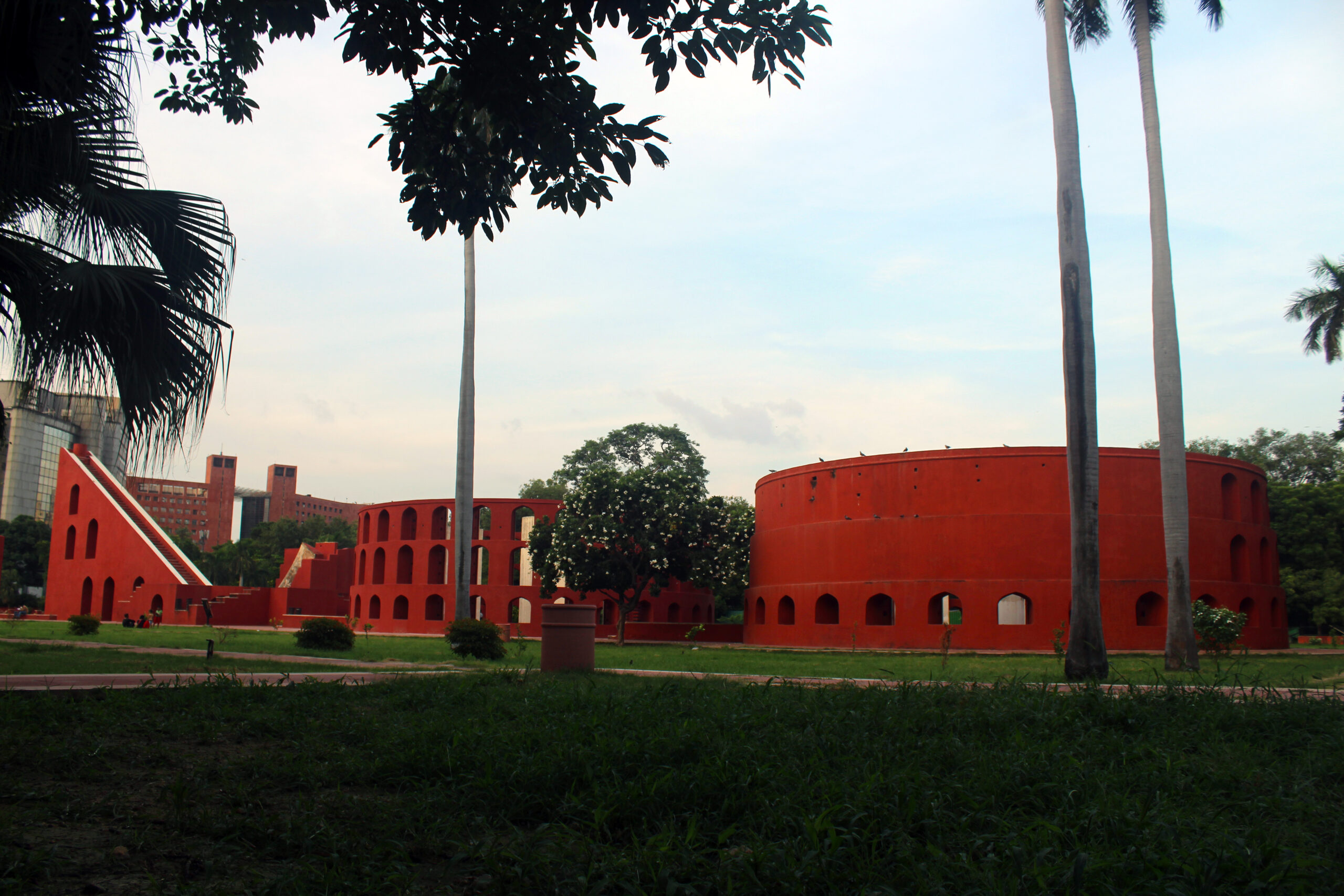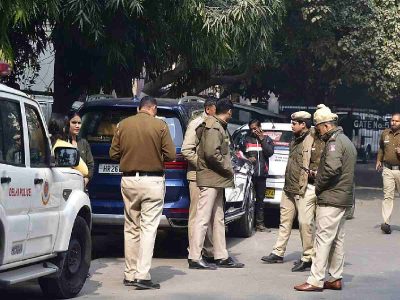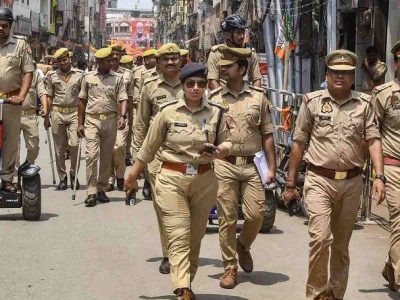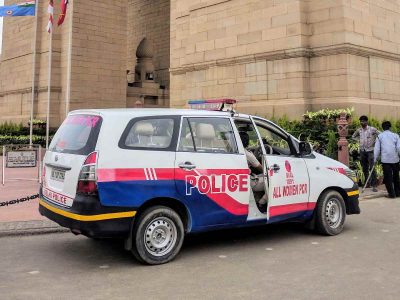The Archaeological Survey of India has informed the Delhi High Court that it has constituted a fresh expert committee for conservation, restoration and proper functionality of Jantar Mantar monument.
The submission was made by ASI in a short affidavit filed by it before Justice Manmeet Pritam Singh Arora while responding to a contempt plea moved by one Ravindra Nath Sharma in 2011.
Sharma was aggrieved by non-compliance of an order of the division bench passed on September 22, 2010, recording an undertaking given on behalf of ASI that Jantar Mantar shall be made functional and will be restored to its original glory to the best of their ability.
The division bench had also directed the Union and Delhi Governments to extend necessary support to ASI. After an order was passed recently by Justice Arora on January 20, the short affidavit was filed in the matter by ASI on April 22.
In the affidavit, the government agency prayed eight weeks’ time for setting up a meeting of the newly constituted expert committee and to furnish recommendations for carrying out conservation and restoration of the monument.
The request was opposed by Sharma’s counsel who submitted that ASI’s response was “deliberately vague” and that the inaction on its part showed lack of regard for the pendency of the matter.
However, the court accepted the requested an granted eight weeks’ time to ASI “in the interest of justice.”
“It is however, reasonably expected that the newly constituted committee shall hold the meeting at the earliest so that steps taken for preservation, restoration and proper functionality of the monument can be placed on record before the next date of hearing,” the court said and listed the case for hearing on August 31.
The court also directed the superintending archaeologist, who filed the affidavit on behalf of ASI, to remain present in court on the next date of hearing.
“It is directed that the status report indicating the steps initiated for conservation, preservation, restoration and proper functionality of the monument be filed one (1) week prior to the next date of hearing,” the court added. (With inputs from PTI)





